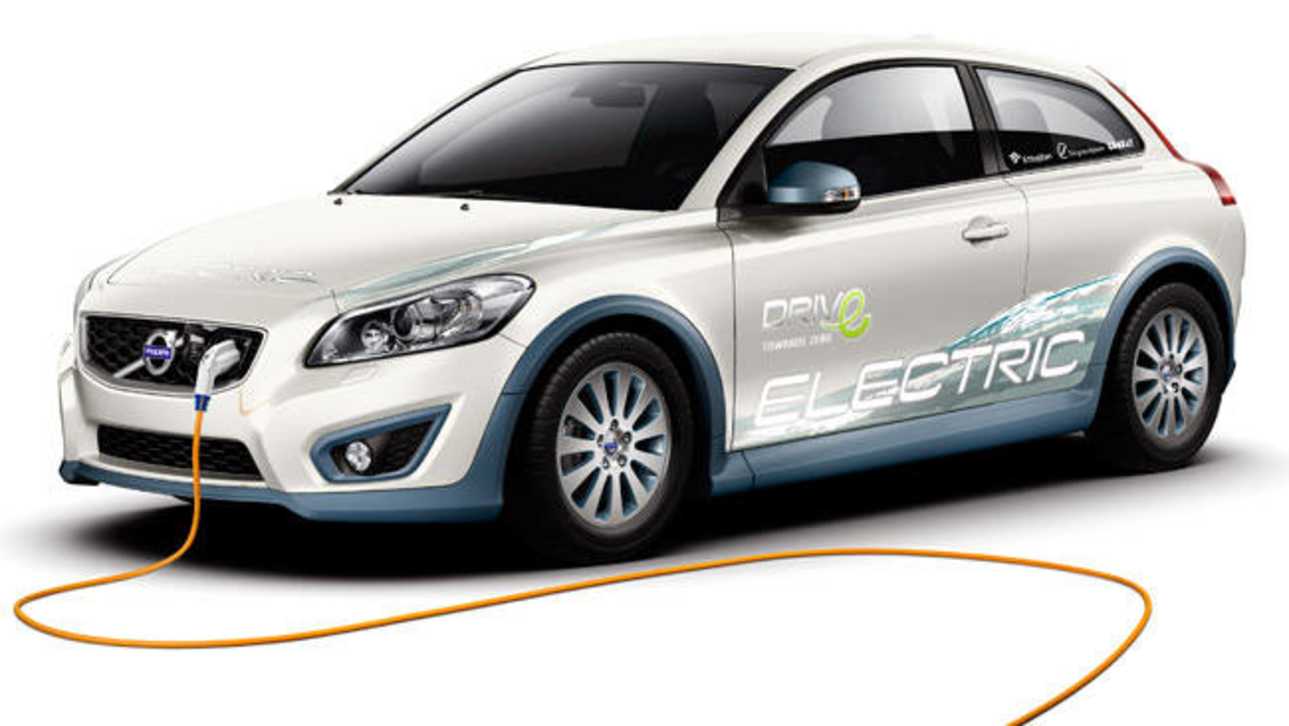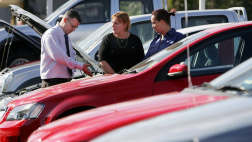That’s Volvo’s plan as it begins to roll out a range of electric and hybrid cars. It is making its own four-cylinder engine and plans to turbocharge it and add it to hybrid drivetrains within a few years. That means the end of Volvo five and six-cylinder engines, says Volvo’ senior vice president for product, Lex Kerssemakers. Speaking to Carsguide in Frankfurt, Mr Kerssemakers says Volvo’s Chinese owners - Geely - have supported the Swede and allowed a fresh look at new product.
Though Mr Kerssemakers was reticent on detail, he says Volvo was now ready to release a new S40 - and its wagon variant, the V50 - which would boast increased fuel efficiency. “We had to ook at what we were and what we represented to our buyers,’’ he says. “We have always been seen as a company that was very aware of its social responsibility - and that includes the emissions of our cars - through safety. “We have progressed to making very good looking cars. We also make very good turbocharged engines - we have been doing turbocharging for 30-odd years - so now we have the basis for a step into the future.’’
Kerssemakers says the new four-cylinder engine will be available in power outputs from 110kW to 220kW and deliver up to 440Nm of torque. “Now, put that with an electric hybrid drive with 200Nm and you have a very fast car that is capable of very low fuel consumption,’‘ he says. “Instantly, you have a sports car. It’s a very clear choice for us - ditch the cylinders. “We are developing our own engine nd it will be available in a few years. There will be overlap from the existing engines but ultimately, we will be a four-cylinder car company with hybrid and plug-in electric capability.’’
Volvo is trialling a fleet of C30 plug-in cars in Scandanavia and is expected to start rolling out hybrid models from 2012. Kerssemakers says while Sweden doesn’t offer government subsidies for private motorists who choose low-emission cars such as hybrids, he says the cost benefit to the owner was very significant. Kerssemakers expressed concern about the plight of Saab. He says the possible loss of the company from Sweden would be “devastaing’‘ to supplier companies and to Sweden itself. “It also affects engineering and design students coming through universities and in that way, erodes Sweden’s value as a supplier of intellectual property,’‘ he says.
Saab is still fighting for financial survival and was absent at the Frankfurt motor show.




.jpg)



.jpg)





.jpg)


_0.jpg)


.jpg)
.jpg)





.jpg)
.jpg)
.jpg)
Comments